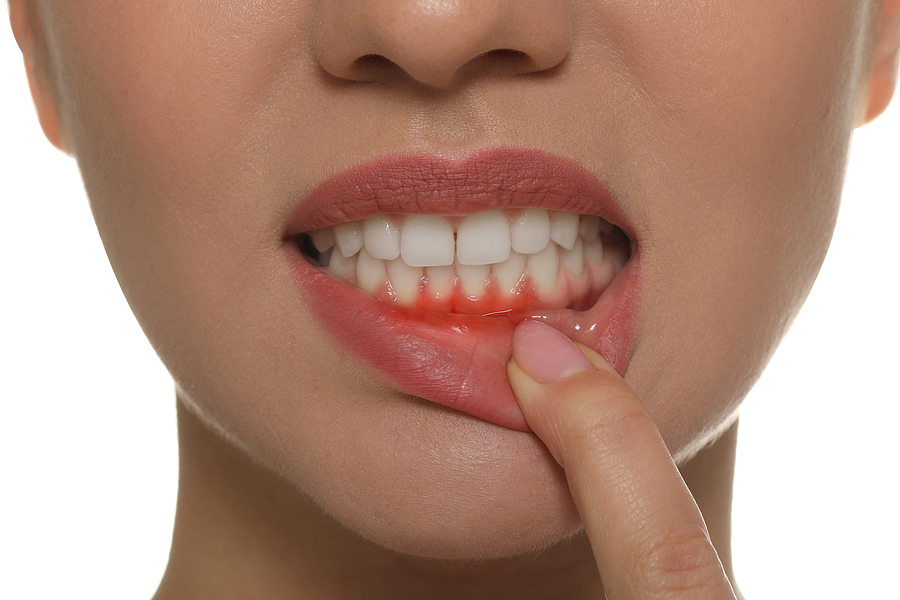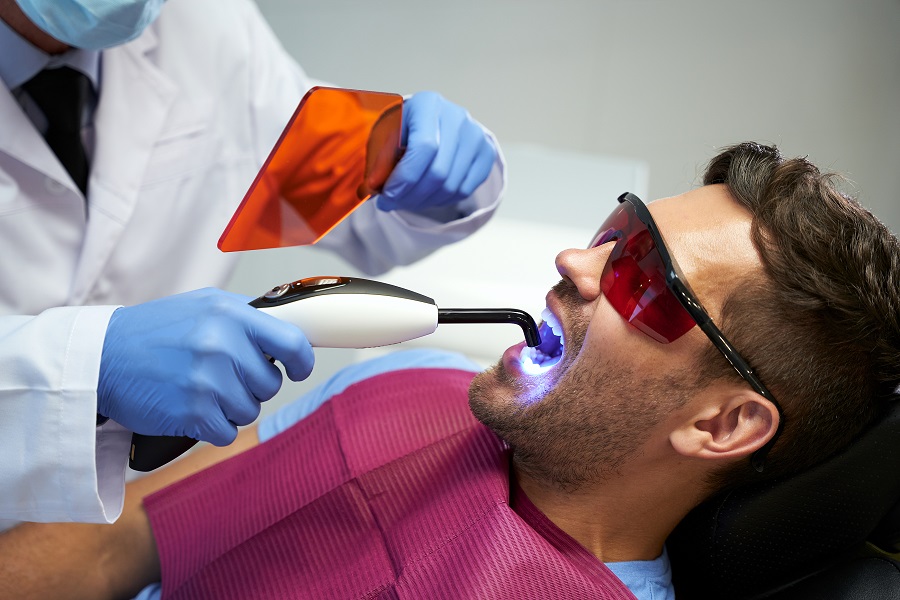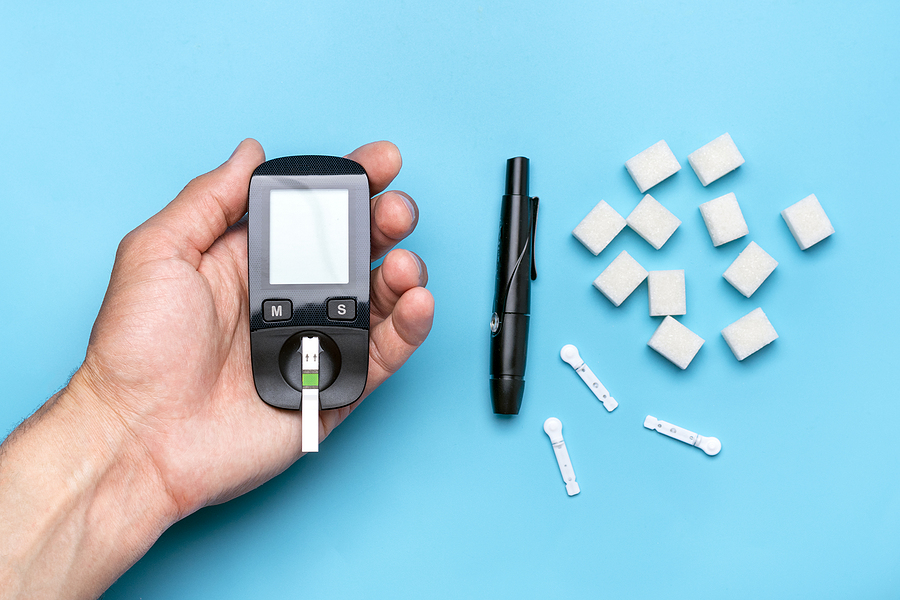Periodontal disease, also known as gum disease, is an inflammatory condition that affects the structures that support the teeth. It's caused by plaque buildup along the gum line, and if not treated, it can cause the teeth to become loose and fall out.
Here are some common risk factors causing this disease:
Poor Oral Hygiene
Failing to brush and floss daily can lead to plaque buildup, which can eventually cause gum disease.
When you visit the dentist, they will perform a thorough exam and take X-rays to determine the extent of the problem. Treatment will depend on the type of disease and the individual patient's unique needs.
Tobacco Use
Tobacco can both cause and exacerbate gum disease. If you smoke or are chewing tobacco, you should quit as soon as possible to protect your teeth and gums. Quitting smoking or tobacco use helps reduce your risk of tooth loss due to periodontal disease by around half!
If you have already lost teeth because of periodontal disease, quitting tobacco can also help prevent additional bone loss and slow the progression of the disease. Quitting now can help save your teeth and improve your quality of life.
Genetics
Although gum disease doesn't typically discriminate, genetics may put people at risk. Your genetic makeup may also be a factor. Be sure to let your dentist know if any of these risk factors apply to you. That way, they can help you take the proper steps to avoid complications with your oral health.
Hormonal Changes
Even small changes in hormones can place women at greater risk of periodontal disease. This is because the menstrual cycle changes the levels of certain hormones in the body, and these hormonal fluctuations can increase the risk of periodontal infections.
Hormonal changes in pregnancy can also increase the risk of periodontal diseases. This occurs because increased hormone levels can cause the gums to become more sensitive to plaque and food debris, increasing the chance of developing gum disease. On the other extreme, women who are going through menopause experience a decrease in estrogen levels, which can contribute to gum recession and increased sensitivity of the gums to irritants.
Medications
Certain medications can affect your periodontal health, making you more susceptible to periodontal disease and other oral health issues. Some medicines can even cause dry mouth as a side effect. A dry mouth makes it harder to wash away food and plaque from the teeth, increasing your risk for tooth decay and gum disease if you don't take proper precautions.
Research has shown that certain antihistamines, antidepressants, anticonvulsants, diuretics, and painkillers can increase the risk of gum disease. These drugs all affect the flow of saliva in the mouth or help to suppress the immune system's ability to fight infection.
Diabetes
People with diabetes are at a higher risk of developing periodontitis. This is because diabetes can interfere with the body's ability to fight infection, allowing bacteria to grow in the mouth more easily. Periodontal disease can also make it more difficult to control a person's blood sugar levels, which throws off the body's ability to function normally.
If you wish to learn more, visit Drs. Davila & Velazquez, P.A. at 1295 East Arlington Blvd Greenville, NC 27858, or call (252) 756-7789 to consult our dentist.
More Blog Posts
Contact Us
1295 East Arlington Blvd,
Greenville, NC, NC, 27858
Email: info@doctorsdandv.com
Phone: (252) 756-7789
Working Hours
MON - THU8:00 am - 5:00 pm
FRI8:00 am - 1:00 pm
SAT - SUNClosed








